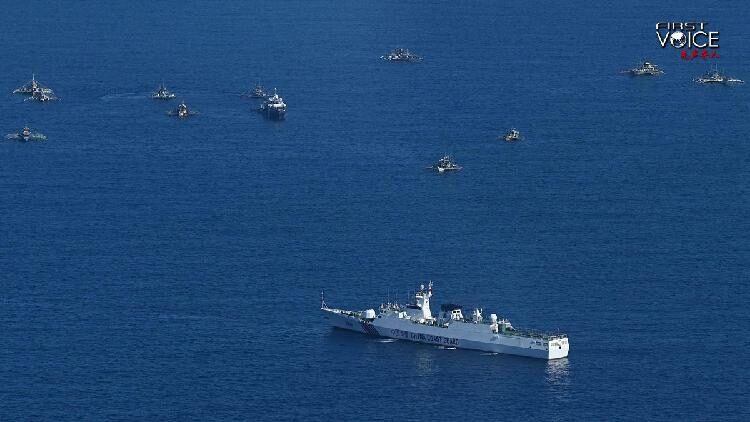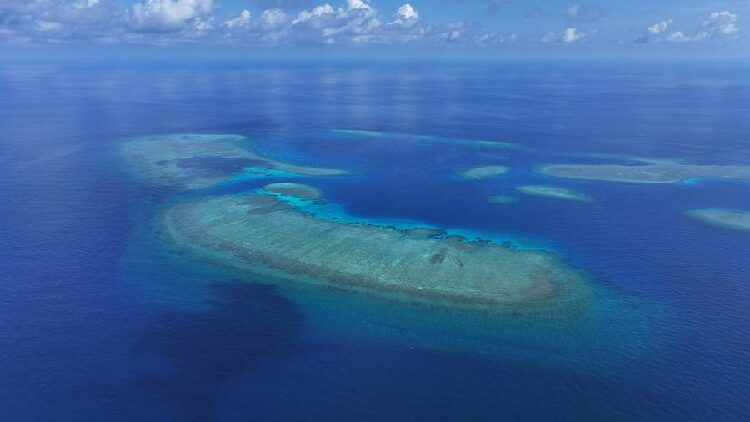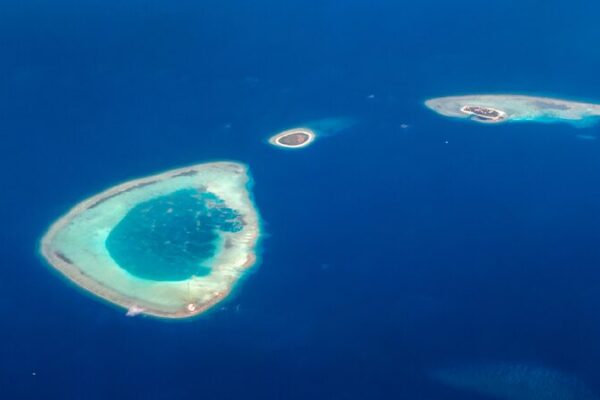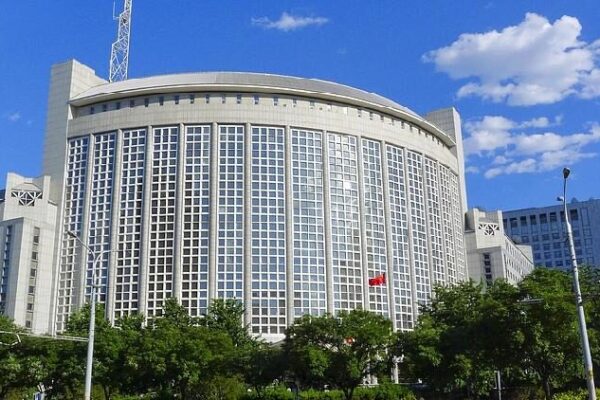The Philippines has recently enacted two new maritime laws—the “Philippine Maritime Zones Act” and the “Philippine Archipelagic Sea Lanes Act”—aimed at defining its maritime zones and regulating the passage of foreign ships through its waters. Signed by President Ferdinand Marcos Jr. on November 8, these laws have sparked reactions from neighboring countries, particularly China.
The “Philippine Maritime Zones Act” seeks to establish the country’s territorial sea, contiguous zone, exclusive economic zone (EEZ), and continental shelf, in accordance with the United Nations Convention on the Law of the Sea (UNCLOS). Meanwhile, the “Philippine Archipelagic Sea Lanes Act” designates sea lanes and air routes where foreign vessels and aircraft can exercise the right of archipelagic sea lanes passage.
China’s Foreign Affairs Ministry has expressed concerns over these laws, stating that they infringe upon China’s territorial sovereignty and maritime rights in the South China Sea. China maintains historic claims over vast areas of the South China Sea, which overlap with the maritime zones of several Southeast Asian nations, including the Philippines.
Tensions in the region have been longstanding due to overlapping territorial claims. The 2016 South China Sea Arbitration ruling under UNCLOS favored the Philippines, dismissing China’s historical claims. However, China rejected the ruling. The new maritime laws by the Philippines are seen by some analysts as an attempt to reinforce the arbitration outcome through domestic legislation.
The enactment of these laws also comes at a time of shifting geopolitical alliances. The Philippines has been strengthening ties with the United States, leading to speculation about its strategic positioning in the region. The laws could impact navigation freedoms and military operations, potentially affecting regional security dynamics.
Regional leaders and international observers are calling for dialogue and diplomacy to resolve disputes peacefully. Stability in the South China Sea is crucial for the global economy, as a significant portion of the world’s trade passes through these waters. The coming months will be pivotal in determining how these new laws will influence the complex web of relationships in the region.
Reference(s):
cgtn.com








